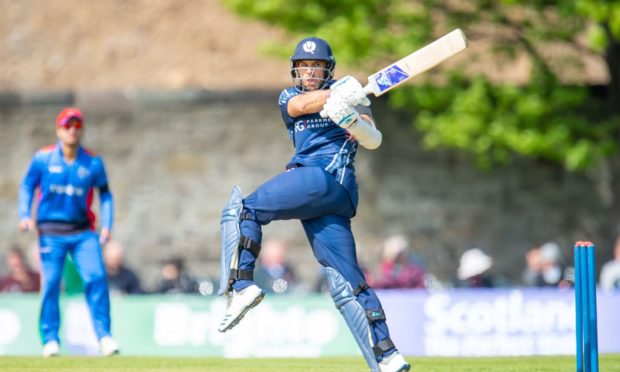There’s a point in popular culture where people start raving about a “must-see” new TV series or movie and you end up watching and scratching your head in bemusement.
It happened with “Killing Eve” when it was launched in 2018 – all that stylishly-shot cartoon violence and love-hate relationship between Jodie Comer and Sandra Oh; and it happened with Christopher Nolan’s films “Interstellar ” and “Dunkirk”, which gained rave reviews, but struck me as bloodless, boring triumphs of CGI effects over humanity or a plot.
In some cases, you just have to ignore the hype, accept that something isn’t for you and seek pleasure in other things. Yet that doesn’t mean your criticism isn’t valid. And the same reservations apply to the sporting world, where new competitions and tournaments are being cooked up by administrators without any evidence they will be worthwhile or find an audience.
That brings us to The Hundred, a cricket format which, even as I write these words, seems to have been devised by a committee which has no acquaintance with the game. The inaugural season of the 100-ball competition was delayed last summer by the Covid pandemic, but it will start in July with eight men’s and women’s teams battling it out to reach the final on August 21.
For the uninitiated, and even as the latest edition of Wisden has been published, the event will dispense with the word “wickets” and replace it with “outs”. Overs directed at “batters” will no longer comprise six balls, but 10, and we will be in a world where Birmingham Phoenix meet London Spirit and Trent Rockets tackle Northern Superchargers, while Oval Invincibles do their utmost to extinguish Welsh Fire. Oh, and there will be “X Factor” players who can be introduced at certain stages of the action – which is effectively sanctioning substitutes in the cricket sphere.
Understandably, not everybody is impressed by this concept. On a positive note, organisers insist it will give equal weight to both men’s and women’s sides, with the matches taking place as back-to-back double-headers at venues across England and Wales on the same day.
But the objections far outweigh the bold claims of the cheerleaders. Is there truly room in the calendar for another crash-bang-wallop pyjama party? Isn’t this Hundred venture simply another means of killing off interest in longer versions of the game on the county and Test circuit? And, in a pastime which is increasingly dominated by the Indian Premier League and variations such as the Vitality Blast and the Big Bash League, why is the sport pandering so much to viewers who demand results in three or four hours?
From a purely parochial perspective, it’s also frustrating that the tournament has no Scottish and Irish representation. Heaven knows, in the aftermath of the pandemic, cricket needs to pull together, both to encourage the grassroots and salvage shattered finances, on and off the pitch.
Was it really beyond the wit of the organisers to extend the structure to include one Scottish and one Irish side in the mix? As is stands, there are eight composite sides in contention. Another two could surely have been accommodated and, considering that Kyle Coetzer, Matt Cross, Calum MacLeod and their compatriots haven’t played a single meaningful match since 2019, the opportunity for them to prepare for the World T20 in India later this year would surely have been grabbed with both hands.
Sadly, though, there isn’t much sign of the leading Test nations appreciating their responsibility to help the lesser lights. The “Big Three” – England, India and Australia – have carved up the schedules and too often seem determined to create a system where they alone and nobody else takes centre stage.
It’s a terribly short-sighted attitude, yet The Hundred has an even bigger problem in selling itself. In essence, and regardless of how you spin the details, it’s virtually the same as Twenty20. The latter, which has become a global phenomenon in less than 20 years, amounts to both teams having 120 balls from which to plunder as many runs as possible.
The Hundred equates to 16.4 overs – or just 3.2 overs fewer than the existing format which already commands huge amounts of attention. Can you imagine if the IRB decided to capitalise on the success of the world Sevens circuit by introducing a new six-a-side variation?
Or, for those with long memories, the SFA suddenly announced it was reviving the Tennents’ Sixes; the annual indoor tournament, which was contested every January by senior football clubs from Scotland – along with some English guests – between 1984 and 1993.
Perhaps, despite these misgivings, the Hundred will preach to the unconverted and many of the fixtures are being screened on terrestrial TV, which will provide the women’s game with valuable exposure and a higher profile. But the feeling persists that the ECB – and it is not alone – is blindly chasing a market which is already being satisfied by Twenty 20.
No wonder many fans of the county game feel worried at these developments. And the marginalisation of associate nations such as Scotland – who beat the world champions England in 2018 – is another concern.
In which light, the Hundred is one century I won’t be celebrating!
